
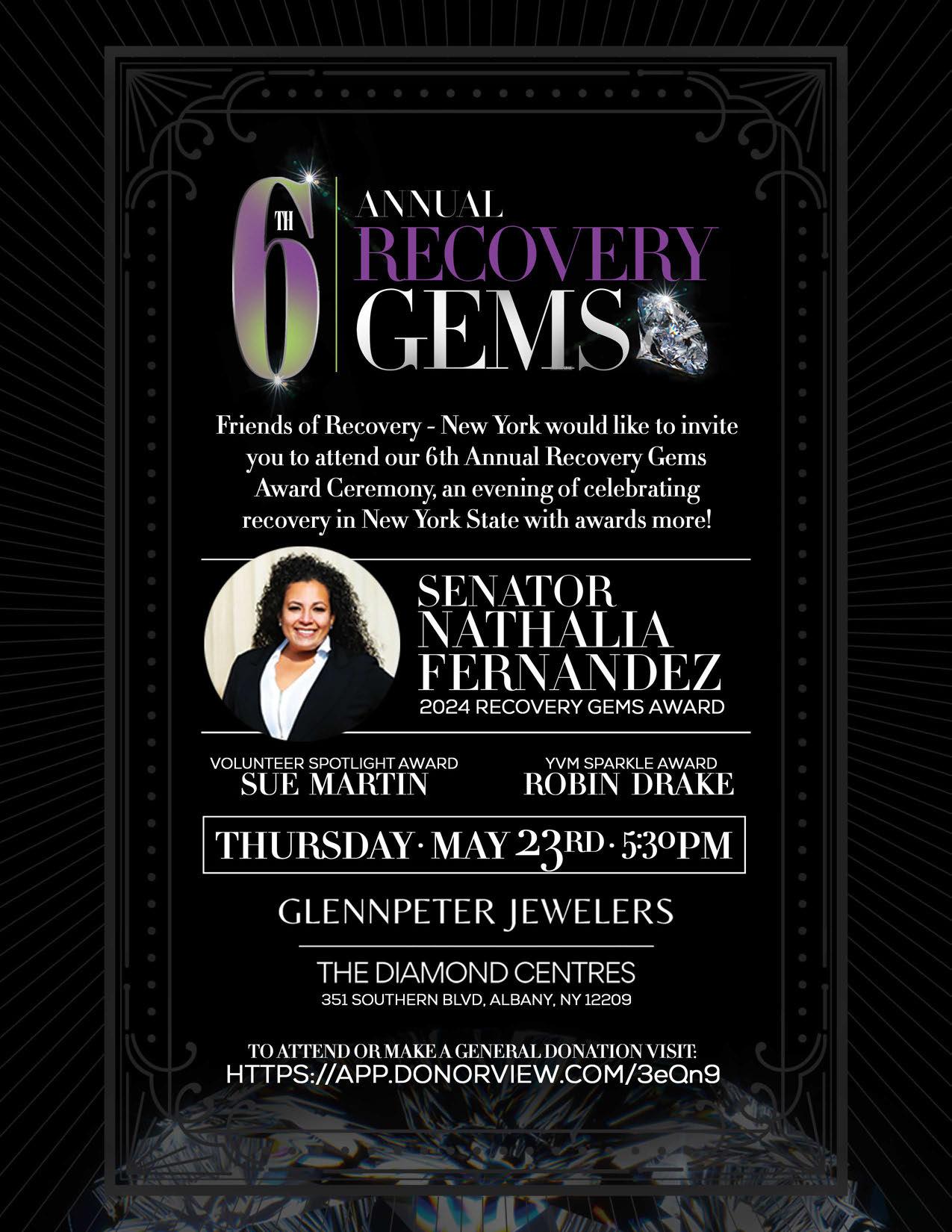















All upcoming CARC and CRPA trainings visit: https://for-ny.org/upcoming-trainings/

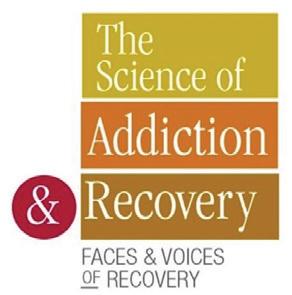

If your organization is able to supervise an intern who completed the CRPA training scholarship program, please contact tknorr@for-ny.org ($1200 stipend for supervision).
CRPA training scholarship application: http://app.donorview.com/r3n0M
Coming soon: 500 hour paid CRPA internship stipend!
Do you have lived experience with addiction and want to help others?
Certified Recovery Peer Advocates are individuals who have a High School Diploma/GED or higher that provide coaching, support, guidance and motivation.

Friends of Recovery- New York (FOR-NY) is a non-profit organization with a mission to demonstrate the power and promise of recovery from addictions and its vaue throughout New York State and the nation.


https://for-ny.org/crpa-training-scholarship-program


1529 Western Avenue, Albany, New York 12203
Explore stigma in our communities, how we support people and their families with Opioid Use Disorder (OUD) and how we work together in our communities to reduce stigma. This interactive conversation includes lots of discussion and the use of portraits and videos to facilitate the conversation.
This event is FREE and ALL community members are welcome! We hope to see community leaders, youth, parents, educators, first responders and small business owners.
SCAN TO REGISTER:
LIMITED SPOTS AVAILABLE!
Monday, May 13th 2024
Community Conversations: 9:00am - 12:00pm
Train the Trainer: 1:00pm - 4:00pm

In partnership with:

Wynn Hospital
111 Hospital Drive Utica, NY 13502
Free valet parking available

This HRSA RCORP RCOE program is supported by the Health Resources & Services Administration (HRSA) of the US Department of Health & Human Services (HHS) as part of an award of $3.33M in the current year with 0% financed with non-governmental sources.
The contents are those of the author(s) and do not necessarily represent the official views of, nor an endorsement by HRSA, HHS or the US Government.


This is not an academic workshop about stigma. It is a conversation for participants to explore stigma, how we support people with Substance Use Disorder (SUD) and their families, and how we work together in our communities to reduce stigma. We use portraits and videos to facilitate discussion, making it very interactive.





May22,2024
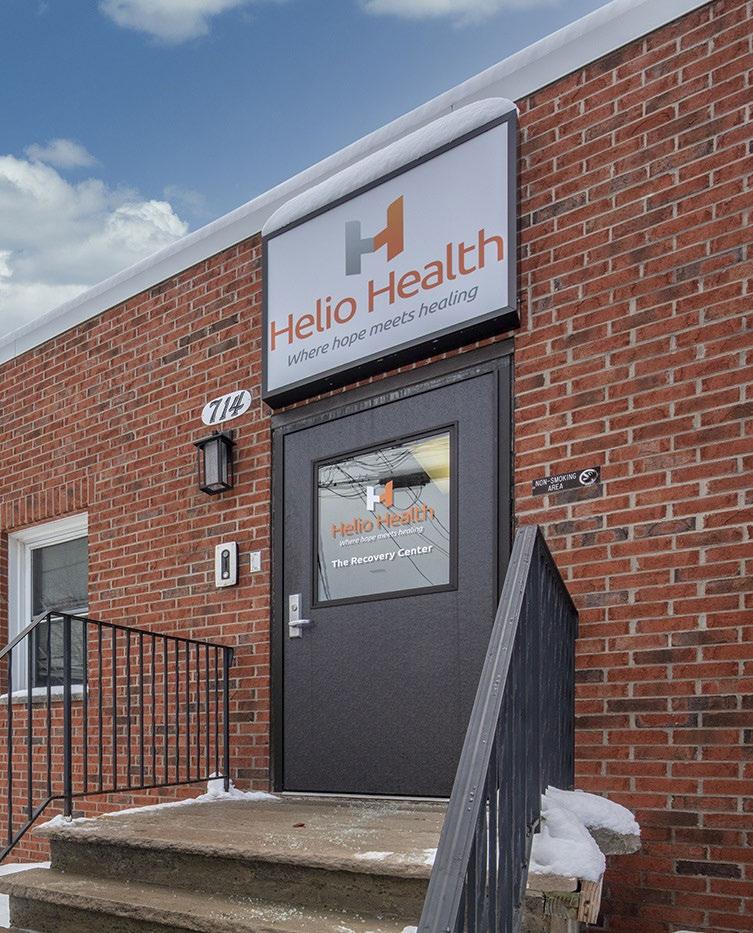

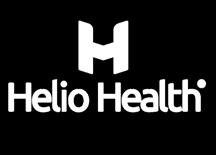



Welcome to the Peer Professionals in Correctional/Justice Settings event! Join us on Tuesday May 7th, Wednesday May 8th, Tuesday May 14th and Wednesday May 15th, 2024 for this 20-Hour Virtual Training! This event is a great opportunity for peer professionals working in correctional and justice settings to come together, share experiences, and learn from your trainers and from each other!
This training has been endorsed by NYS ASAP-NYCB for the Criminal Justice Supported Recovery (CJSR) Peer Certi cation (20-Hours), CARC Electives or Peer Recovery (CRPA/CARC) Continuing Education CE's. It has also been approved by NYS OASAS for CASAC, CPP and CPS CE's.
Your facilitators: Ben Deeb, CRPA, CARC and Deb Rhoades, LCSW, CASAC (M), CARC


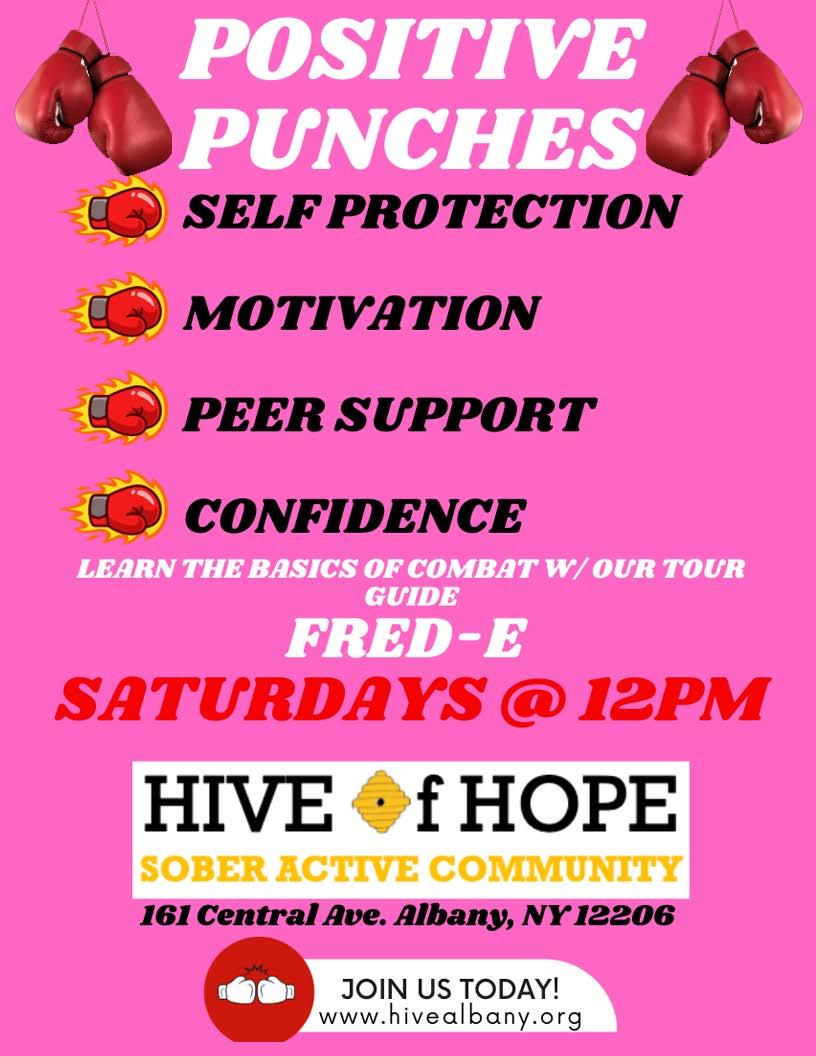









Based on data gathered from our statewide Youth Recovery Needs Survey, developed and administered by Youth Voices Matter - NY center survey, in collaboration with OASAS Youth Clubhouse members and leadership, along with youth and young adult recovery community partners, we have identified THREE priorities for our 2024 Youth Policy Statement. We call on the Governor and the NYS Legislature to take the following actions immediately to address the needs of young people in the Recovery Community across NYS.
Provide equitable accessibility to support services for all communities, specifically for youth and young adults, across the state of New York to support the growth of their recovery capital.
• Investing $5 million in the development of more integrated services that would provide treatment and recovery services around primary care, mental health and substance use for young people with dual diagnoses.
• An additional $5 million in funding for mental health recovery support services for youth ages 12-20 and young adults ages 21-30 in a non-clinical setting.
• The development and expansion of Care Coordinated Services for young adults ages 18-30 with health insurance so that they are accessing the appropriate managed care associated with their insurance.
• The inclusion of $5 million in funding for the expansion of wrap around services within the shelter system for homeless youth and young adults in recovery.
• Increase funding by $5 million for more transitional housing programs focused on assisting young adults in recovery.
• Inclusion of additional $5 million in funding for the development of more age-specific job-readiness training and certifications for youth ages 14-17 and young adults ages 18-30 in recovery.
Accessible recovery friendly educational opportunities provide youth and young adults with support needed to feel successful and supported in their recovery.
• An additional $2 million in funding for more continuing education and vocational programs for youth and young adults ages 17-21 in recovery.
• $1 million in funding for the development of new recovery programs within high schools and collegiate campuses and additional support for existing recovery programs within these systems.
Youth and Young adults who are in recovery, need recovery spaces that are led by youth, for youth. This supports our youth and young adults to feel more understood and better supported by peers of their same age groups from their communities, who are also in recovery.
• Investing in recovery specific scholarship programs that provide recovery certifications and initiatives to create more employment opportunities for young adults in recovery (ages 17-30) to become Certified Recovery Peer Advocates (CRPA).
• Increase in funding for the establishment and continued services of Youth Recovery Community Organizations (YRCOs) and youth clubhouses within all 62 counties of New York State.


SCAN THE CODE ABOVE TO PARTICIPATE! WE
An advisory committee of organizational leaders, representatives, and consumers that meet regularly to forge alliances and engage in collaborative initiatives to identify and address community needs in behavioral health
Meeting events include local and state presentations on service augmentation opportunities and system level technical assistance resources.
New Members are Welcome! CASAC, CARC and CRPA hours available! ZOOM
Join Zoom Meeting with the link below.

S8412 requiring a 10% set aside for Recovery Support Services from the Opioid Stewardship Fund, as well making the Fund permanent with increased transparency was INCLUDED in the Senate one house budget bill!
S2398 /A2210 “Daniel’s Law” which establishes statewide emergency and crisis response council to encourage local governments to develop preventive, rehabilitative, crisis response and treatment services for those experiencing a mental health or substance use crisis received an additional 2 Million Dollars for its pilot program in both the Senate and Assembly one house budget bills.
A.2972/S.6499 which establishes an intensive addiction recovery and mental health integrated services pilot program to support two three-year demonstration programs was included in the one house Assembly budget bill.
The budget release unveils a series of legislative victories, signaling promising strides for the Recovery Community. However, in celebrating these small victories, there is a realization that there is still significant work to be done. Stay tuned as policymakers gear up for the next phase of action.
We need YOUR advocacy to:
1. Raise Awareness: Spread information about recovery initiatives, their importance and how they can benefit the community. Use social media, organize events, and engage with local media to amplify the Recovery message.
2. Contact Representatives: Reach out to elected officials at the local, state, and federal levels to express support for recovery efforts. Write letters, make phone calls, and attend town hall meetings to ensure your voice is heard.
3. Collaborate with Organizations: Partner with other recovery centers, community groups, local partners and advocacy organizations that are involved with our recovery efforts.
4. Mobilize YOUR Community: Organize grassroots campaigns and mobilize community members to advocate for recovery initiatives. Host rallies, petition drives, and educational workshops to build momentum and garner support.
5. Advocate for Funding: Advocate for adequate funding and resources to support the recovery community organizations/ Centers. Make the case to policymakers that investing in recovery support services is essential for addressing the needs for individuals and families affected by Substance Use Disorder. Investing in recovery support services is investing in your Community.
6. Monitor Progress: Stay informed about the progress of recovery efforts in your community and hold policymakers accountable to their commitments.
7. Share Personal Stories: Don’t be scared to share your personal Recovery story and experiences to humanize the issue and illustrate how recovery impacted you. Personal stories are powerful tools in building empathy and generating support for recovery initiatives.
Advocacy is an ongoing process, and your efforts can make a real difference in advancing recovery efforts and creating positive change in your community.

1529 Western Avenue
Albany, New York 12203 518-487-4395 www.for-ny.org
Chacku Mathai - President
Eric Dyer – Vice President
Albert Aponte
Dr. Jonathan Edwards
Samuel Encarnacion
Nydia Hill
Dr. Felecia Pullen
Erika Rosenberg
Jerald Jenkins
Dr. Angelia Smith-Wilson Executive Director
Andréa West
Chief of Operations
Theresa Knorr
Senior Director of Recovery Education & Training
Anthony Showard
Senior Director of Communications, IT and Website
Christopher Assini Director of Policy
Jennifer Donadio
Project Director – Rural Recovery
Sarah Ahmed-Weidman
Peer Certification Specialist
Mary Maher
Finance Generalist
Nancy Leon Project Assistant
Morgan Thompson
Youth/Young Adult Recovery Outreach & Engagement Coordinator
Chelsea Kehrli
Youth/Young Adult Recovery Education & Training Coordinator
NYS ALUMNI ASSOCIATION
Wilvena Gordon
Alumni Association of New York State Coordinator
Friends of Recovery- New York is in strong support of the language used in the Senate one house budget, S8412 regarding the allocation of a portion of the funds generated by the Opioid Stewardship Act to be set aside for recovery support services.
Currently recovery support services have been excluded in the appropriation language, despite the fact that the legislature specifically identified recovery as an intended use when this fund was created 6 ½ years ago.
As we continue to grapple with the devastating impact of the opioid epidemic on our communities it is imperative we prioritize comprehensive approaches that address both the immediate challenges and the long-term needs of individuals affected by addiction.
The Opioid Stewardship Act represents a significant opportunity to allocate resources towards combating the opioid epidemic and overdose crisis. However, it is crucial that the appropriation language developed by the state agencies (DOH and OASAS) aligns with the intended purposes of the fund and allows for flexibility in the fund allocation, which currently does not. We are asking:
• Ten percent of those funds be allocated towards Recovery Support Services
• These funds will be used to SUPPLEMENT AND NOT SUPPLANT any local, state or federal funding
• Making the Opioid Stewardship Act permanent
• Ensuring proper transparency regarding allocation of resources from the fund
Recovery support services play a crucial role in the continuum of care for individuals struggling with addiction. These services provide vital assistance, including peer support, assistance with basic needs, socials services, technology assistance, and access to healthcare, that are essential for individuals to achieve and maintain long-term recovery. By investing in recovery support services, we can empower individuals on their journey to recovery, reduce the risk of a recurrence, and promote healthier communities.
Friends of Recovery- New York is in strong support of S8412, and advocates it be included in the enacted budget.
The Recovery Community asks Governor Hochul to declare a Public Health Emergency to combat the addiction crisis by making significant investments to rapidly expand access to overdose prevention, addiction treatment and recovery services as a priority for all New Yorkers. As the nation’s overdose death rates has plateaued: NYS overdose deaths have continued unabated, data showed more than 6, 393 overdose deaths in New York State in 2022 – a 73% increase in overdose deaths that occurred during the last three years.
Declaring a Public Health Emergency would save Countless Lives by:
1) Waiving insurance co-pays and deductibles for New Yorkers attempting to access treatment and recovery services.
2) Creating a procurement process that speeds up distribution of opioid settlement funds.
3) Waiving fees for counselors and peers who want to work in the addiction service system.
4) Expanding community-based programs with the social network and expertise to engage with those most vulnerable to overdose.
5) Increase Medicaid rates for front-end substance use treatment instead of the current back-end recoupment process.
6) Ensuring equitable services for all marginalized communities.
Support A.8075 all formulations of safe and effective FDA approved Naloxone available. Despite the FDA’s approval of new opioid antagonist products to address the challenge of fentanyl and other synthetic opioids; In the state of New York, approximately 1,000 registered Opioid Overdose Prevention Programs (OOPPs) that distribute free overdose reversal medications are currently restricted to ordering only two naloxone products. It's imperative that we are making all tools in the toolbox available to combat this unprecedented Overdose Public Health Crisis.
Complete the 860 Housing Regulations. Ensure housing is funded across the continuum and separate from Opioid Settlement Fund Advisory Board funds.
• Housing regulations should be based on the National Alliance of Recovery Residences (NARR) social model. It is imperative that recovery housing be inclusive and embraces individuals receiving Medication to support their recovery (MAT/MSR)
RECOVERY ORIENTED SYSTEMS OF CARE: Supporting a pathway to Certification of Recovery Community Centers.
• License recovery community centers to create a permanent and sustainable revenue to support their essential work.
• Licensure would allow those centers to bill public and private insurance for the work of certified peer recovery advocates.
• New York should encourage and support research on the efficacy of these licensed recovery community centers that could be used as a model to expand the infrastructure of recovery while supporting the long-term recovery of the hundreds of thousands of New Yorkers who need it.
• Support S2398 /A2210 “Daniel’s Law” to establish a statewide emergency and crisis response council to encourage local governments to develop preventive, rehabilitative, crisis response and treatment services for those experiencing a mental health or substance use crisis.
Budgetary Asks FY 2024-25
RECOVERY READY WORKPLACES: Funding for the S. 8381 “NYS Recovery Ready Workplace Act” to establish workplace programs to prevent addiction and support recovery in employment. The goal of RRW programs is to:
• Provide healthy, gainful employment for people in recovery;
• Prevent initiation of new cases of misuse and addiction related to workplace injury and stress through primary prevention of exposure to job hazards and stressors
• Support employees who are struggling and retain employees by providing access to treatment and recovery support services with a pathway to return to work
• Reduce absenteeism, presenteeism, and lost productivity among employees with substance use disorders.
• Support S.8412 To make the Opioid Stewardship Fund permanent, increase transparency related to the Fund, and require a portion of the Fund to go towards 10 percent towards recovery-oriented systems of care services (Recovery Centers and peer to peer services)
• Support A.2972/S.6499 to establish an intensive addiction recovery and mental health integrated services pilot program to support two three-year demonstration programs.
• Provide intensive addiction and mental health integrated services to individuals with significant addiction and mental health issues who have had multiple and frequent treatment episodes
• Support A.3378/ S.4530 to establish an intensive addiction and medical services integrated services pilot program to support two three-year demonstration programs.
• Provide intensive addiction and medical services integrated services to individuals who have significant addiction and medical issues
Friends of Recovery-New York (FOR-NY) represents the voice of individuals and families living in recovery from addiction, families who have lost a family member or people who have been otherwise impacted by addiction. The negative public perception and shame that surrounds addiction has prevented millions of individuals and family members from seeking help. FOR-NY is dedicated to breaking down the barriers created by negative public perception that result in discrimination and policies that block or interfere with accessing recovery support services: access to addiction treatment, healthcare, housing, education and employment.
FOR-NY is working to build infrastructure around the state through local Recovery Community Organizations (RCOs) and Recovery Community Outreach Centers (RCOCs) that build support for people living in recovery and others in need.
Hive of Hope is an exemplary recovery community outreach center. Only open a year, and without permanent and sustainable funding- they have built a state-of-the-art community center serving over 400 individuals, with an additional 3500 visits. It is a safe haven for those in recovery to meet like-minded individuals- building connections, providing employment and volunteer opportunities. Last year members at the center did 1000 hours of community service preparing holiday meals for the Capital City Rescue Mission alone.
Nathan Writer, the founder of the Hive of Hope is a leader in his community and a role model for the individuals he serves. Nate has consistently shown himself to be a dependable ally for not just FOR-NY, but for the Recovery Community. He exudes professionalism, and personally Nate has partnered with FOR-NY to:
• Lead a spring clean-up at the Boys and Girls Club of Albany
• Facilitate our Reimagining Recovery Series engaging the community about substance use and recovery.
• Organizing and volunteering for all FOR-NY events- the Recovery Conference and Stand Up For Recovery Day, our annual day of advocacy.
• Despite only being open a year, planned and partnered with ROCovery Fitness and other Recovery organizations to organize Sober Fest 2023, a three-day event bringing recovery advocates from throughout the state, a major undertaking for any organization.
• Organized monthly hikes throughout the state with other recovery advocates.
Located in Arbor Hill, this center offers a critical refuge in an area of Albany that is currently underserved. The inventory of abandoned buildings, and issues with the community feeling unsafe continue to receive regular media coverage. Hive of Hope counters that narrative and offers prosocial activities to keep our community’s youth engaged, and working toward a positive future.
With additional funding Hive of Hope will be able to continue as a constitutive resource of the Recovery Community. FOR-NY would be grateful for any assistance you could offer them.

